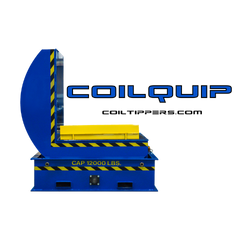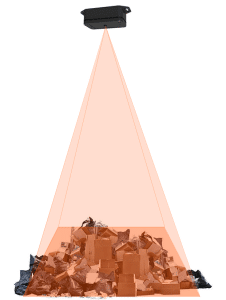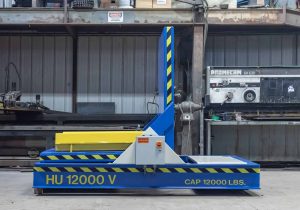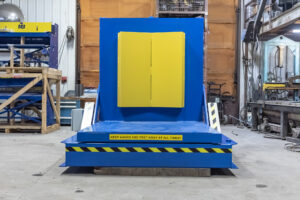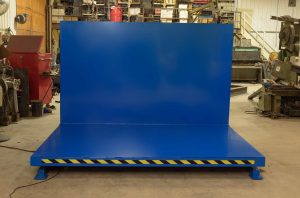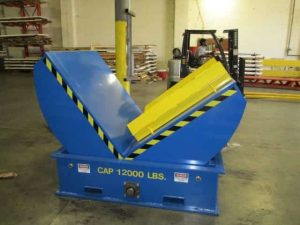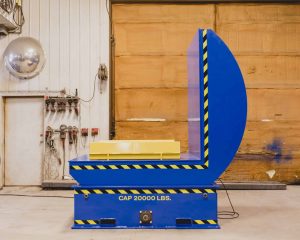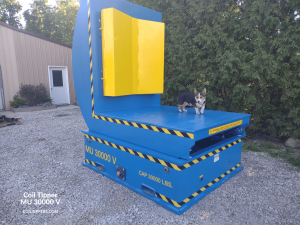Small size and long battery life open up wide range of applications needing remote fill-level detection
 adhoc networks has launched the world’s smallest, smart, waste sensor module, OSCAR, measuring only 71x43x28mm. The optics can measure up to 4m within a container with a cone angle of 27° to determine the fill level. The company’s waste sensor modules are the key to its automated, fill-level detection and collection scheduling technology for local authorities and private companies that can reduce unnecessary collection trips to containers that are only partly filled.
adhoc networks has launched the world’s smallest, smart, waste sensor module, OSCAR, measuring only 71x43x28mm. The optics can measure up to 4m within a container with a cone angle of 27° to determine the fill level. The company’s waste sensor modules are the key to its automated, fill-level detection and collection scheduling technology for local authorities and private companies that can reduce unnecessary collection trips to containers that are only partly filled.
The optical sensor in the device monitors the fill level in the waste container and sends that data for centralised processing to enable a schedule of waste collection to be created. Because waste is only collected when the containers are actually full, CO2 emissions by the collection fleet can be reduced by up to 40%.
“Knowing the exact level in every container ensures that there are no wasted collections of part filled containers and, even more importantly, no overflowing containers,” explained Ole Ostermann, adhoc networks’ CEO. “Our approach is the perfect solution for monitoring the new generation of waste containers that are larger and discretely located below ground level. These are not currently easy to check the fill level apart from lifting a lid so they are usually emptied more often than necessary just to be sure, but that is a waste of resources.”
OSCAR uses a Nordic Semiconductors’ nRF9160 SiP to collate data and send it to the Cloud over the mobile network LTE-M and Narrowband-IoT. It has a low power need so its 3.6V Li-Thionyl Chloride battery has an operational life of up to five years based on, typically, twelve fill measurements a day and three uplinks of the data to the Cloud.

OSCAR replaces the company’s first-generation sensor called PHIL that has been in use by local authorities around the world with over 1000 deployed since its launch in 2021. Over this time, the company has perfected a monthly subscription service for customers that includes supplying all the sensor hardware and replacing batteries when required, monitoring all the data and creating the collection schedules. This holistic solution handles all the logistics so that the waste collectors just have to follow the collection schedules.

Ostermann concluded, “This miniaturized version is so small with a footprint of a stack of ten or so credit cards that it can even be used in small bins in parks, airports, etc. This opens up a wide range of new applications apart from waste where companies want to measure levels in a container remotely to know when to do a collection or conversely a top up. Examples include donated clothes, agricultural produce in storage hoppers or industrial materials such as plastic pellets used for injection moulding. Naturally, we would be only too happy to work with customers to customize our software to suit their application.”
A product video can be seen at https://www.youtube.com/watch?v=L4oUPcj1BUs
adhoc networks GmbH www.ad-hoc.com +49 40 60060 160
